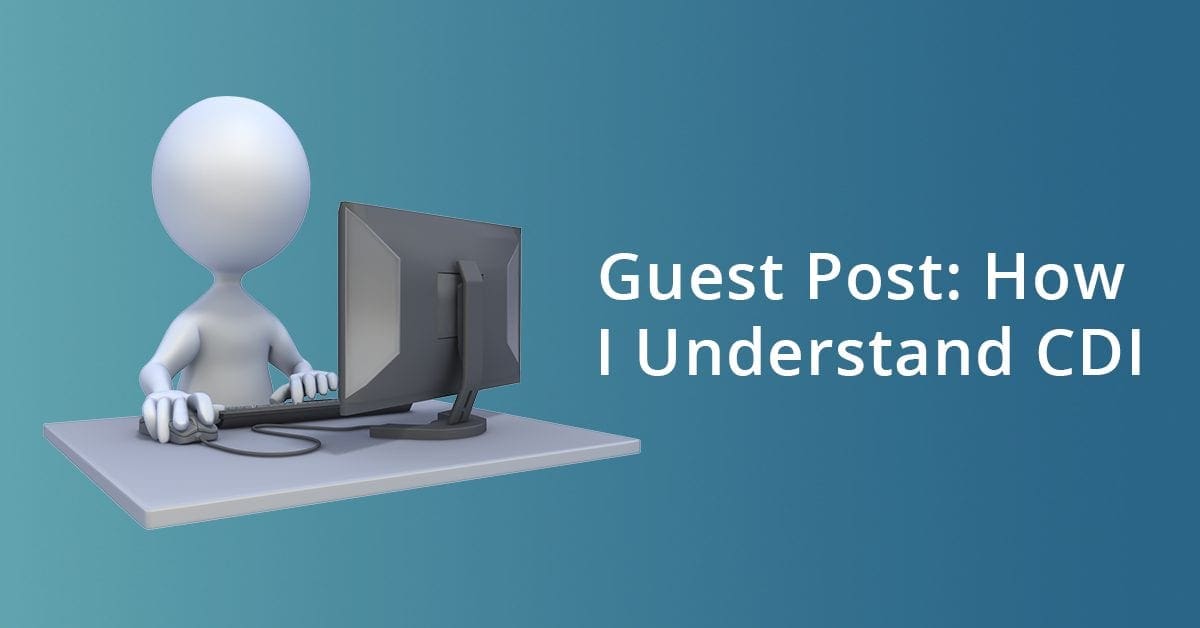Call us toll-free: 800-878-7828 — Monday - Friday — 8AM - 5PM EST

By Galyna Komives, RN, CCS, CCDS for ACDIS CDI Blog
Officially, the CDI specialist’s role is to facilitate accurate, complete, and consistent clinical documentation within the health record to demonstrate the quality of the care provided and to support coding and reporting of high-quality healthcare data.
In reality, “accurate, complete, and consistent clinical documentation” means multiple questions to ask which vary in its quality and financial effect from case-to-case and sometimes it is challenging to identify and clarify everything questionable on every chart in an eight-hour work day. While it’s important to clarify questionable documentation on every chart, time spent to clarify documentation that ultimately has no effect on outcomes could be used more efficiently if it was used to prioritize sending queries with the most significant effect first. That is why I place so much importance on knowing what type of documentation matters because that knowledge would guarantee that nothing significant would be missed.
What matters is data extracted from clinical documentation. The data are a common language to compare and share health information. The data are used in many ways and are so interconnected that a slight distortion could make a major impact.
ICD language is designed to reflect how severely ill a patient is, which in turn is used in the form of DRGs to capture the inpatient resources required to treat more severely ill patients. However, as those working in the field well-know, there’s a mismatch between the coding and medical languages. Clinicians simply cannot know all the specificity or follow the coding updates every year. So, we (CDI and coding professionals) find ourselves in a position where complex coding and reimbursement systems are based on language physicians have to use precisely to ensure that the system works the way it was intended. And yet, physicians, are unaware of the documentation details which make a difference.
And that is where we, CDI professionals, come into play to fill the gap. We are caretakers of the medical record—the patient’s health story—and we are caretakers of the financial health of the hospital.
Successful CDI programs depend on passionate and dedicated CDI specialists, equipped with knowledge and understanding of both the coding and the clinical systems as well as how to communicate between these two worlds.
Another important part of CDI programs’ success is effective communication with physicians. These conversations about how to document can be very sensitive, but it’s crucial that CDI professionals are able to explain why clear and concise documentation matters in terms of the quality of care provided. Physicians who understand this piece of the puzzle, in my experience, more readily adopt documentation best practices.
What matters is the quality of the data that’s based on the patient’s documented medical conditions. CDI specialists are physicians’ “documentation buddies,” serving as a resource to support proper language in the medical record. “Proper language” is ever changing and therefore ongoing education is fundamental to a successful CDI program and that is why events such as the ACDIS conference are so important.
It is not enough just to recognize which diagnoses to clarify, CDI professionals must know rules and regulations to make sure documentation is clarified sufficiently and efficiently. The priority should be emphasized on the number of documentation clarifications that make a difference versus on number of clarifications itself.
